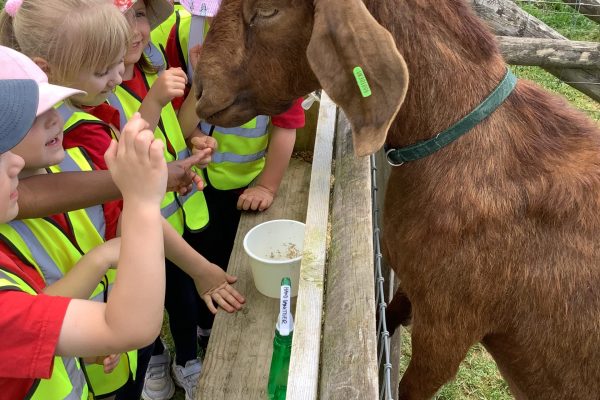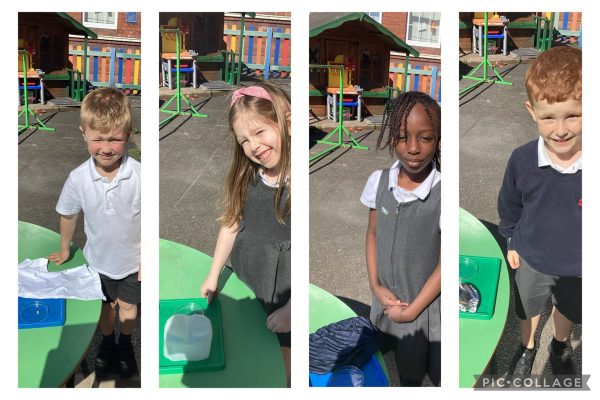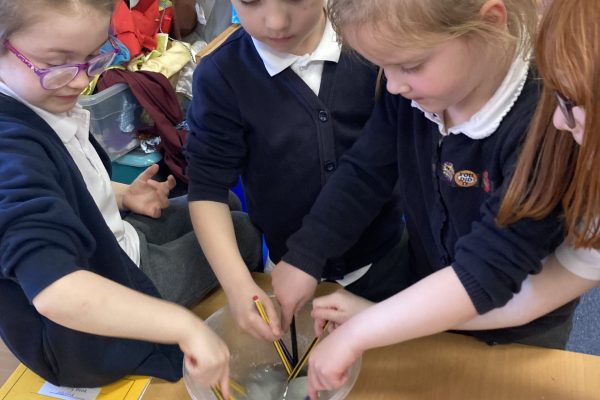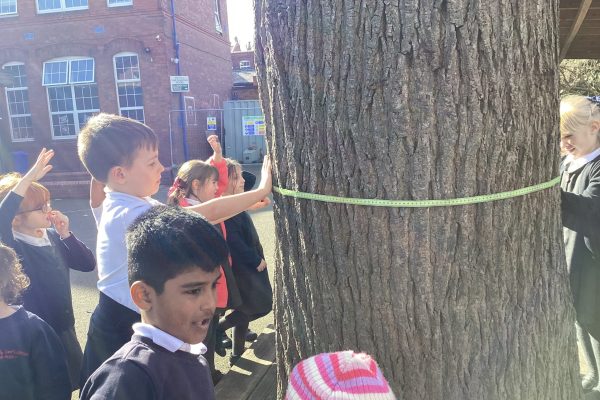Science
Science gives pupils of all abilities the opportunity to investigate how and why things happen.
Science represents a body of knowledge which is built up through experimental testing of ideas and which is organised in a way that makes it easy to use. It is also a methodology, a practical way of finding reliable answers to questions.
Science is essential to our understanding of ourselves and the world around us.
Aims
Our aims in teaching Science are that all children will:
- Retain and develop their natural sense of curiosity about the world around them
- Develop a set of attitudes which will promote scientific ways of thinking, including perseverance, objectivity and a recognition of the importance of teamwork
- Come to understand the nature of “scientific method” involving: careful observation, the making and testing of predictions, the design of fair and controlled experiments, the drawing of meaningful conclusions through critical reasoning and the evaluation of evidence
- Become effective communicators of scientific ideas, facts and data
- Begin to build up a body of scientific knowledge and understanding which will serve as a foundation for future enquiry.
- Find science enjoyable
Science is important because:
- It is a body of knowledge essential to our understanding of ourselves and the world around us
- It provides an understanding of how scientific and technological change has impacted on the development of the world and the quality of our lives
- It encourages questioning and discussion skills as well as creative and imaginative thought
- The skills and knowledge of science can be applied throughout everyday life
Year 1
Autumn Term
- Materials: building materials and sorting objects by simple materials; wood, metal, fabric etc.
Spring Term
- Penguins & frogs: Animal Lifecycles
- Floating & sinking
- Categories of animals: bird, fish, mammals, amphibians & reptiles
- Plants & flowers
- Weather
Summer Term
- Mini beasts & Snails
- Pond dipping
- Australian animals; herbivores, omnivores & carnivores
- Seasons: weather in Australia
- Plants & trees in our garden
Year 2
Autumn Term
- Plants
- Growing beanstalks
- Parts of a plant
- Identifying plants
Spring Term
- Humans and other animals
- Food chains
- Basic needs of animals
- Ice experiment
- Alive, dead, never lived
- Animal classification
- Habitats
- Life cycles: Humans & other animals
Summer Term
- Everyday materials – identify & group materials, compare their suitability for different uses
- Squashing, bending, twisting & stretching
Year 3
Autumn Term
- Light and Shadows
- Rock and soils
Spring Term
- Fossils
- Skeletons, digestion and teeth
- Healthy eating
Summer Term
- Forces & Magnets
Year 4
Autumn Term
- Properties of materials
- States of matter
Spring Term
- Plants including classification
Summer Term
- Electricity and sound
Year 5
Autumn Term
- Earth and beyond
- Forces
Spring Term
- Life cycles of humans and other animals
Summer Term
- Changes in materials including dissolving and filtering
Year 6
Autumn Term
- Electricity
- Moon phases
- The Circulatory system- functions
- The Digestive system – parts and functions
- The Respiratory system
- Forces – The Slippery Sledge
Spring Term
- Diet & exercise
- Light
- Adaptation, Evolution & human intervention
Summer Term
- Living things and their habitats.
- Classification of plants and animals including micro-organisms.
Science News
Roaming Reptiles in Year 1
July 11, 2025
Small Breeds Farm in Reception
May 23, 2025
UV Experiments in Year 1
April 2, 2025
Ice Man in Year 1
March 28, 2025
Build Your Own Blood in Year 6
March 20, 2025
Trees in Year 1
March 7, 2025






